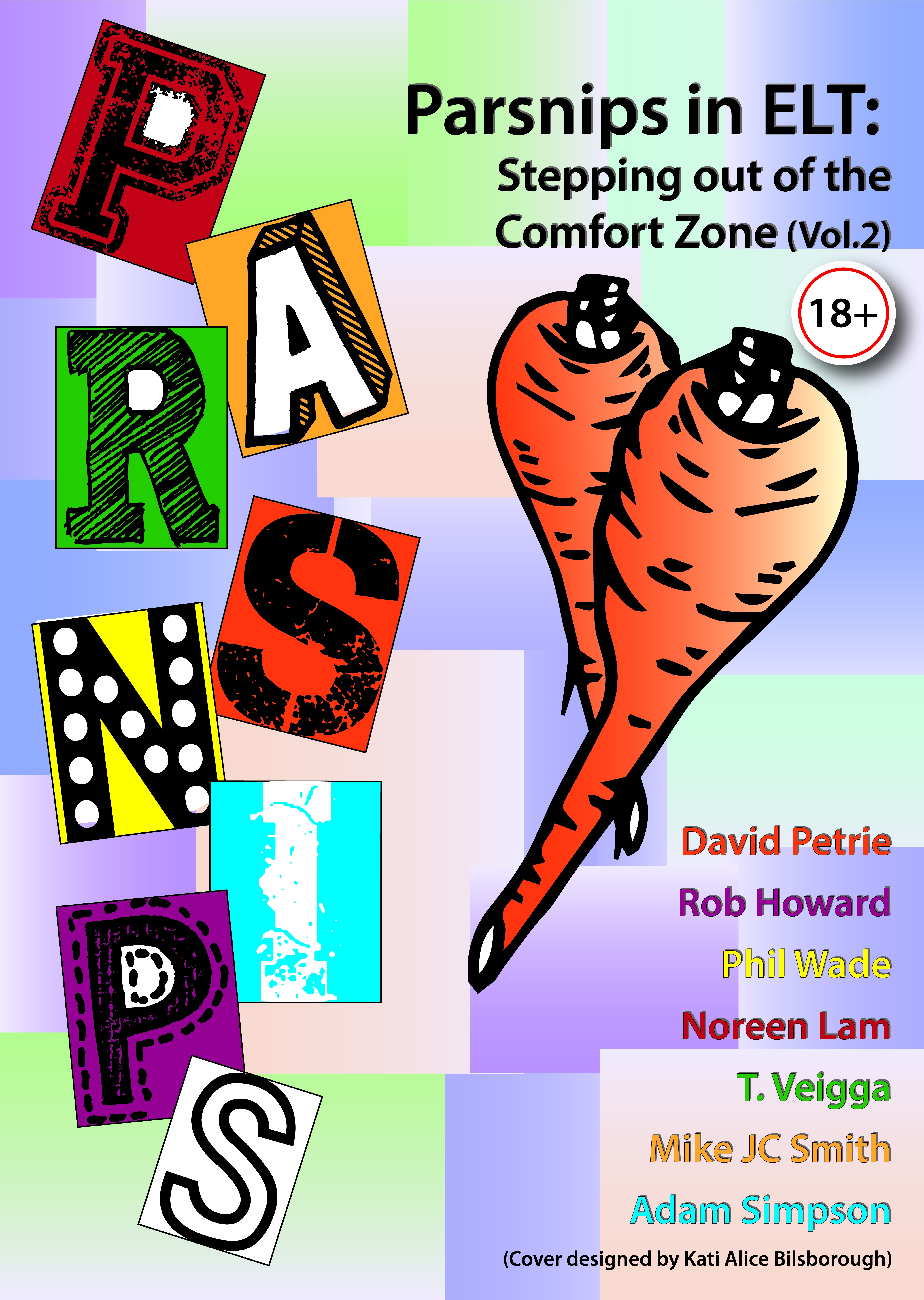If there was a machine that you just look into and learn any language in 30 seconds and makes you 100% fluent. It causes some minor pain and vomiting for 1 minute but leaves no ill side effects. Would you use it? Are you interested? It exists in a 2014 film called “Outlander”. Yes, pure science fiction. I am sure someday it may exist, but, sadly, it’s not on the horizon.
Many of you have tried and failed at learning a new language. Many of you have succeeded. As you are probably reading this in English as your second language, congratulations. But folks, there is no short cut to learning a language. There is no magic pill to take, no potion to drink, no great OZ behind a curtain. Language proficiency and fluency take time.
Say that you want to lose weight. There are many supplements being sold that claim quick weight loss. Lose 30 pounds in 30 days! If you read the fine print, they all say, “Must be combined with a proper diet and exercise”. If you did the proper diet and exercise, you probably wouldn’t need the pill! Moral: you need to put in “the time.” There are no tricks.
When you see ads for “language schools” that boast “fluency” in 1 week or in 4 hours or in 5 minutes, stop and think about your own language. How long did it take to learn? Could you teach me your language in 5 minutes? 4 hours? 1 week? Even 1 year? Language takes time. Language takes work. Language takes dedication. Language is a living thing. It grows, it changes, it evolves. Language is a lifetime learning venture, even for native speakers.
Understand that the language learning market is a billion dollar business. Business is based on customers. But like anything in life, you get what you pay for. Cheap courses hire cheap workers. Are they a company? Are they teachers? Do they have experience? Have they studied education methodology? Check their credentials. Check the requirements of the course. You would be surprised to learn that the only requirement to teach at most of the mass-marketed online “courses” is ability to speak well and a good internet connection… period (just look at the jobs tab of most sites).
Courses that advertise native speakers only are usually preying on your idea that a native speaker is better than a non-native teacher. Many “courses” that promote “native only” have hired “temporary tourists”, ex-patriots travelling the world by backpack on vacation with no clue of how to teach other than the 30 minutes of training they have received from the course. Do you think that the person who couldn’t get a job at McDonalds is the best choice for your learning? I watch sci-fi and have read many sci-fi books, does this make me an Astronaut? The same goes for non-native teachers. Many ex-intermediate students of mine are out there now “teaching” English because they think they can.
Courses that are short term are market driven. If they told you that it takes 6 to 8 years for you to become “fluent” you would run away. So they advertise 18 months and you think that you will get the same results. Sorry, but do the math. A “fast” course here in Brazil is 18 months (72 weeks) with 3 hours per week (72 x 3 = 216 hours). 216 hours is around 9 days. Hmmm, do you think you can learn to be fluent in 9 days? It depends.
Within those 18 months, you need to add the supplements, the diet, and the exercise. That means doing the homework, studying, practicing, hearing, seeing, speaking, using the language, living the language. If you do the work and all the extras, yes, you will improve and be able to communicate. It’s a great start, but you need to continue. However, if all you do is show up to class for those 216 hours, do nothing to support the classwork, you will fail and, as most do, blame the course or the teacher or both.
Students ask me all the time if they should visit the US or UK and take a 2 week or 4 week course to learn. Sure, if it is an intensive quality course designed for your level and not expensive, everything will help. It is not a miracle cure, but in language learning, “supplements” help. TV, movies, books, apps, conversation classes, Facebook groups, videos, exercises etc. You need to study, practice, read, write and exercise.
You also need to do the work yourself. I have Facebook, WhatsApp etc., and I also have an International Facebook group with close to 2000 people that are sharing information, tips and ideas that we monitor on our own time for free. I like when students post questions. I have to admit though, when a student sends me a text message asking the meaning of a word, I cringe. There are hundreds of sites online called “Dictionaries”. Learn how to use one. Concepts are much more difficult, so I understand, but ONE WORD. Take control of your learning. It is in YOUR hands.
Over the past months, we have offered many great ideas for improving your learning experience. Take some time to read through our old posts designed to help your experience learning a great one, and to make you a lifelong learner.
Rob Howard is the owner of Online Language Center. He is a teacher, tutor, trainer, material designer and author for English as a foreign language. He is also a consultant and has been a frequent speaker internationally regarding online retention as well as using technology in and out of the classroom. Originally from Boston, Massachusetts in the U.S., he is currently residing in Rio de Janeiro, Brazil. You may e-mail him at rob@onlinelanguagecenter.com.












I agree 110% with you–short courses promising ‘fluency’ only help people learn a small amount of language to be used in limited situations. 🙂
LikeLiked by 1 person
Thanks Melanie! It really does undermine what serious courses and teachers are all about, and is detrimental to serious learners.
LikeLike
Understand that the language learning market is a billion dollar business. Business is based on customers. But like anything in life, you get what you pay for. Cheap courses hire cheap workers.
Well said! Let us not encourage linguistic consumerism and don’t let us be these cheap workers either.
LikeLike
Hopefully, we will never be considered cheap!
LikeLike